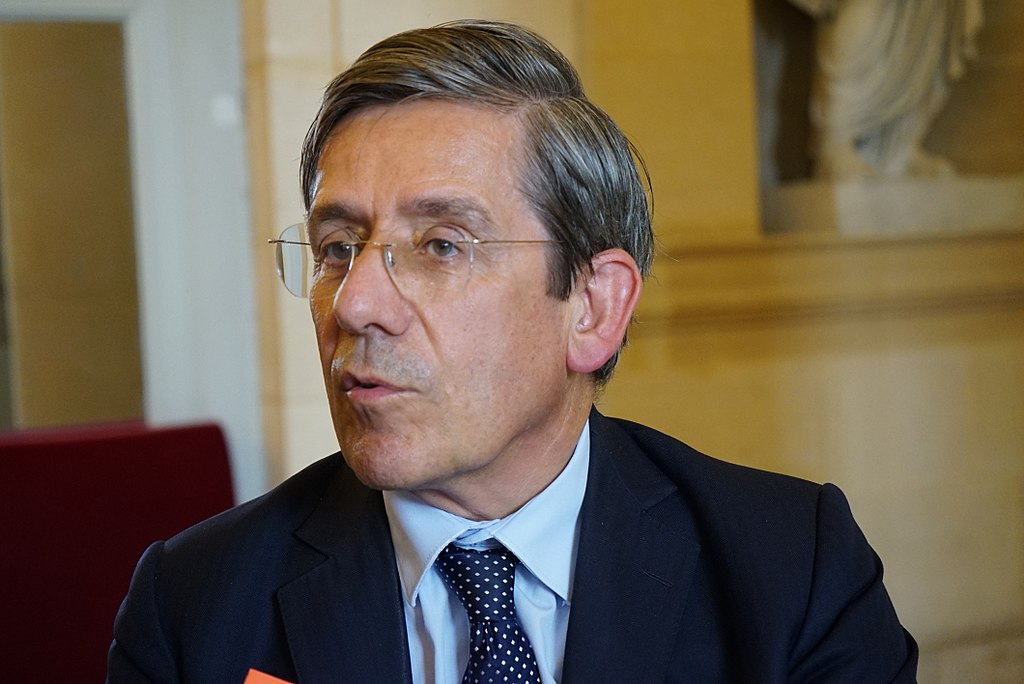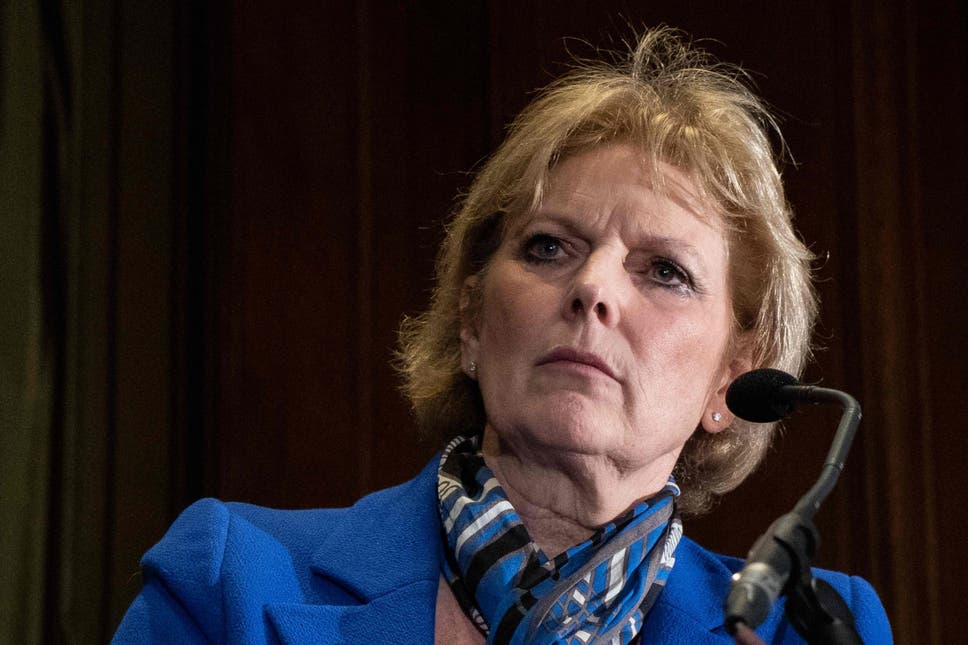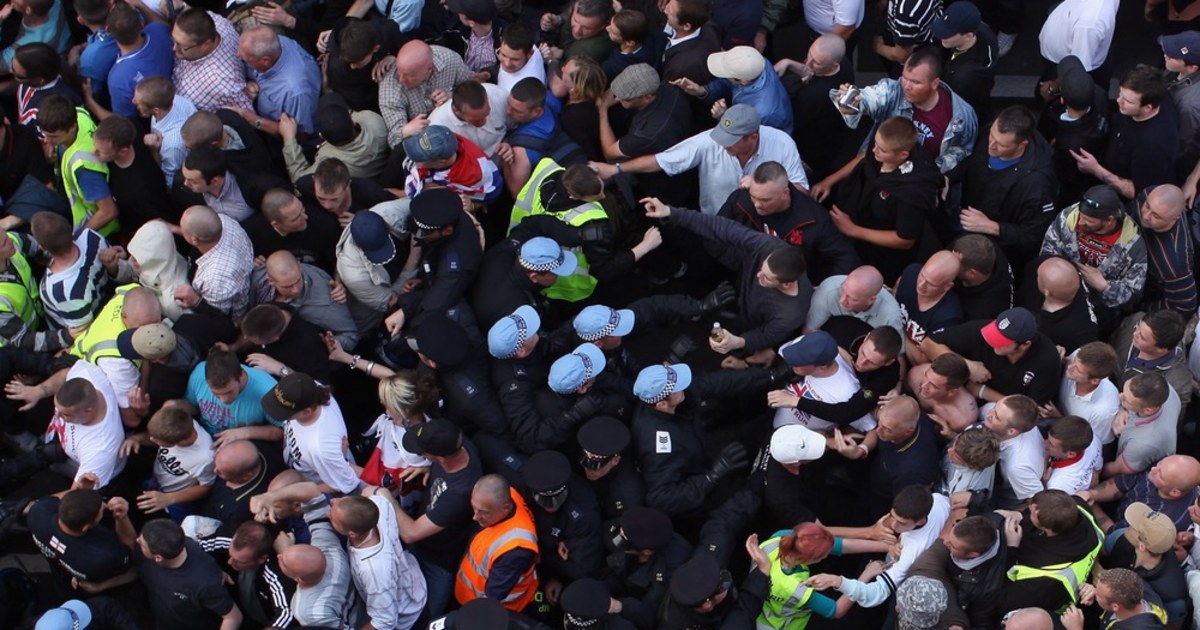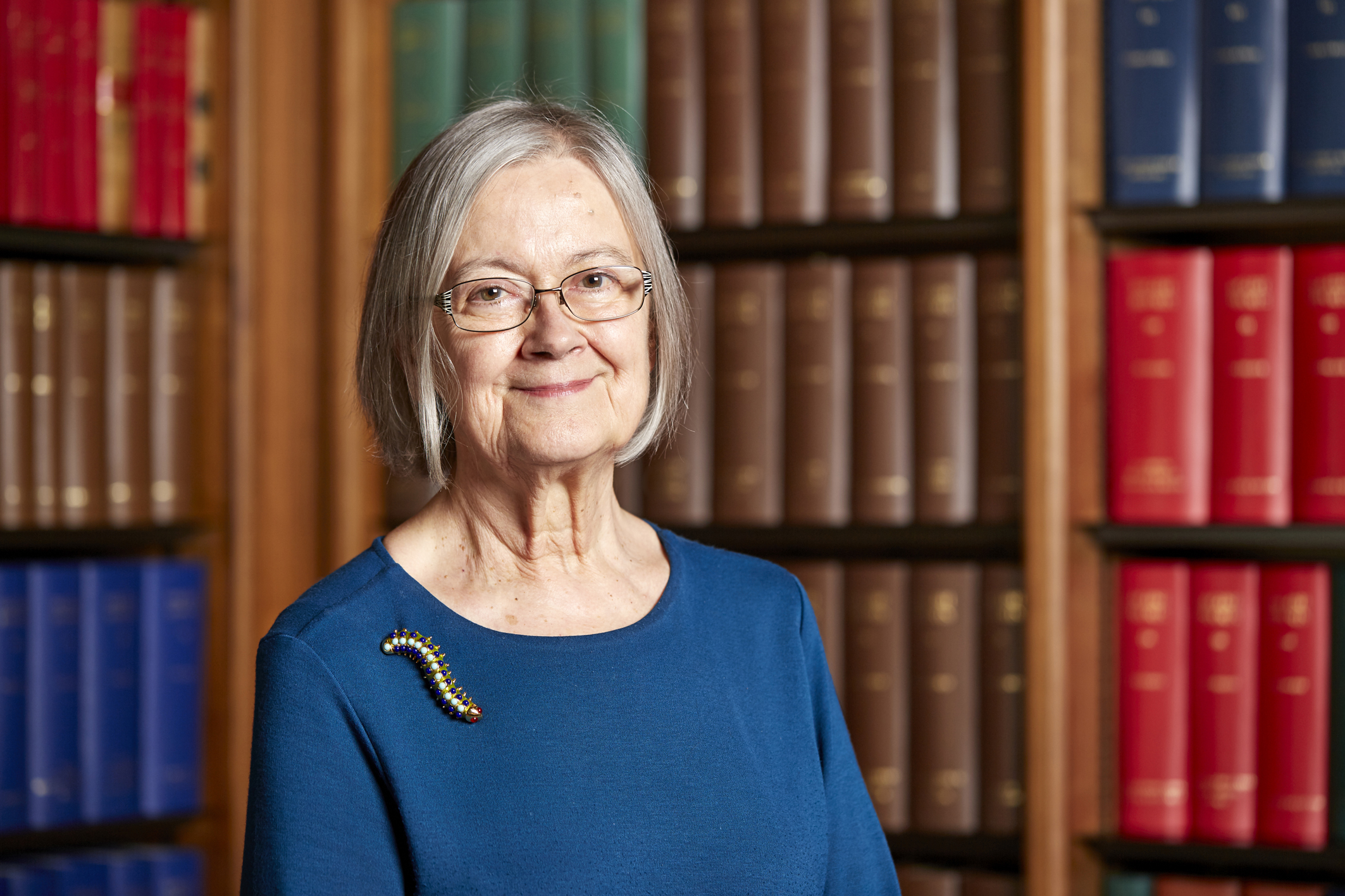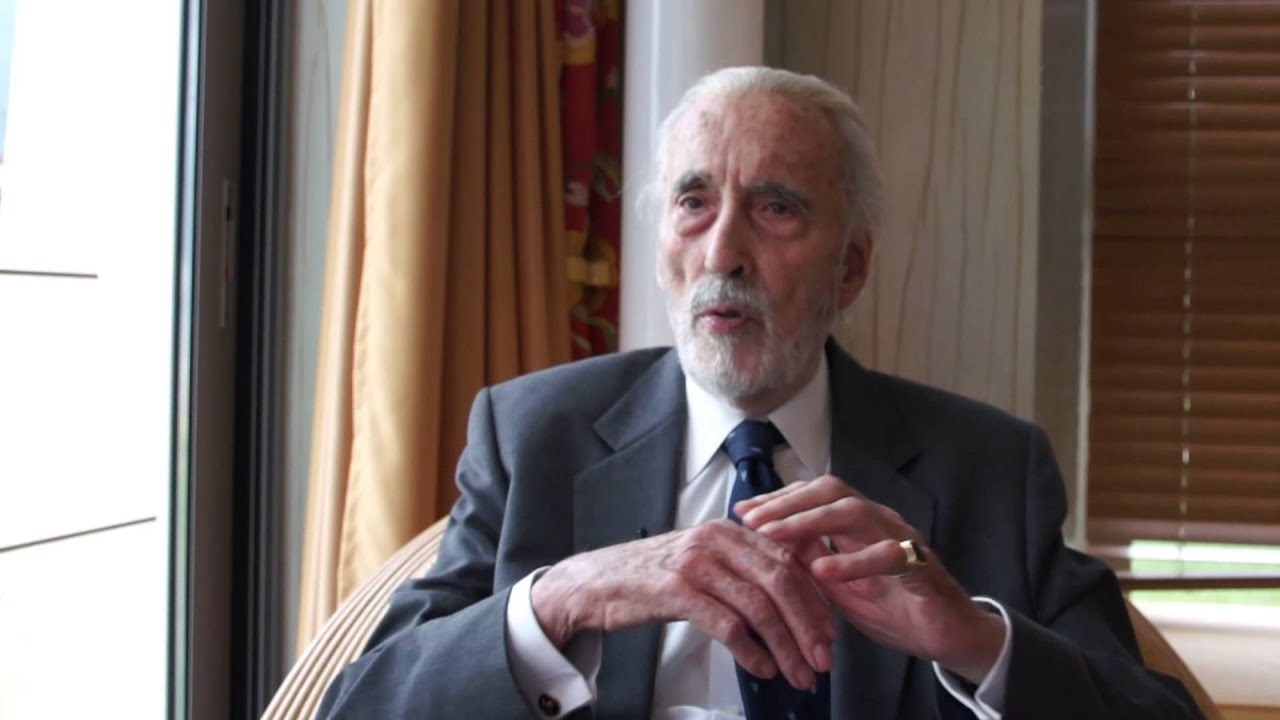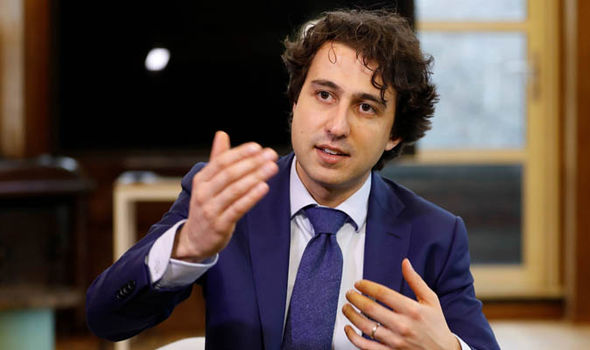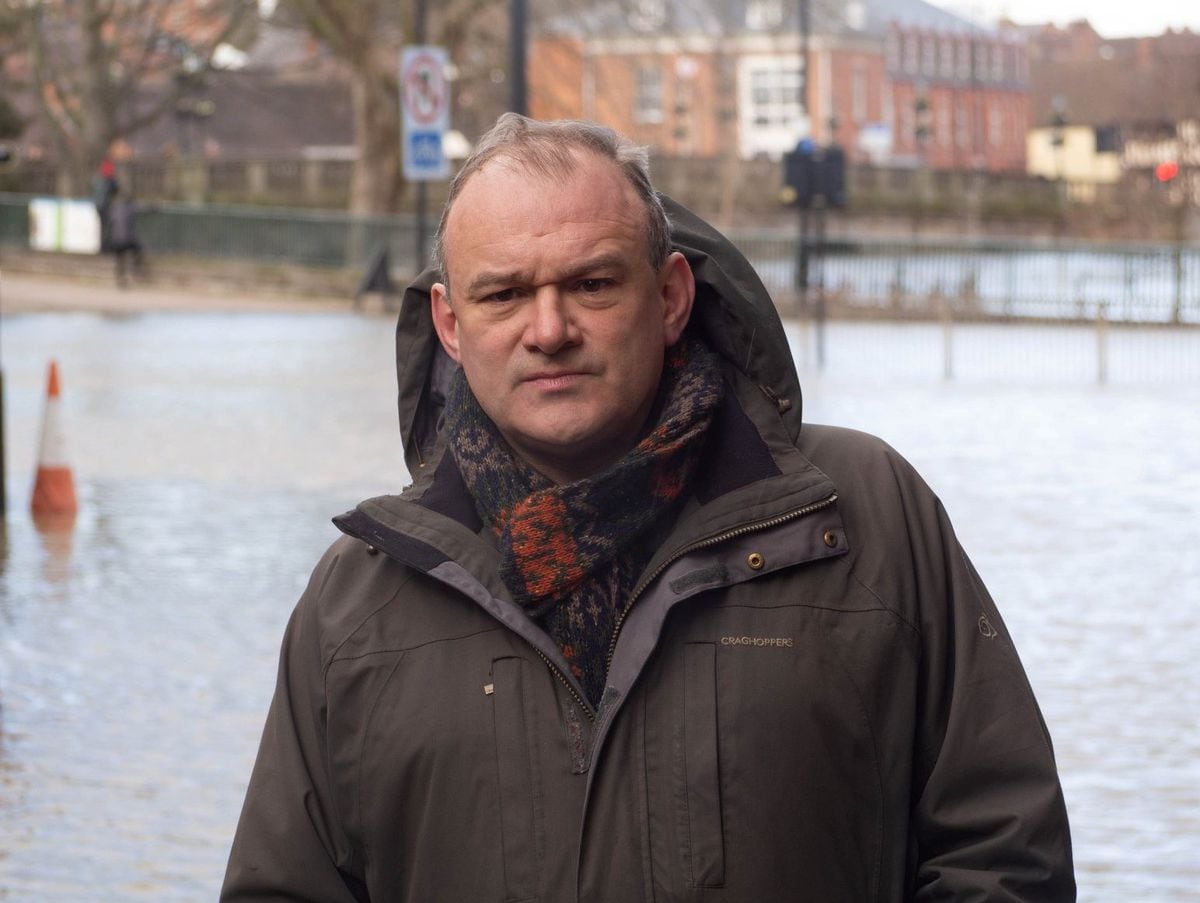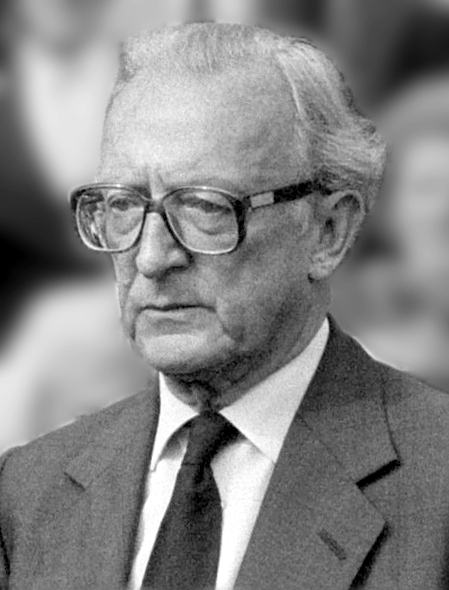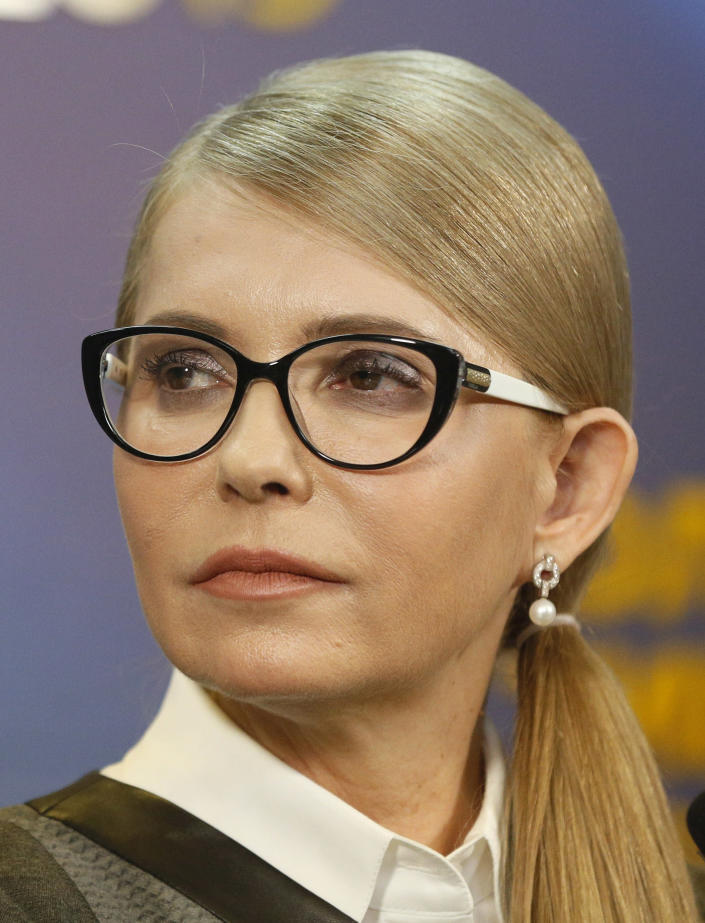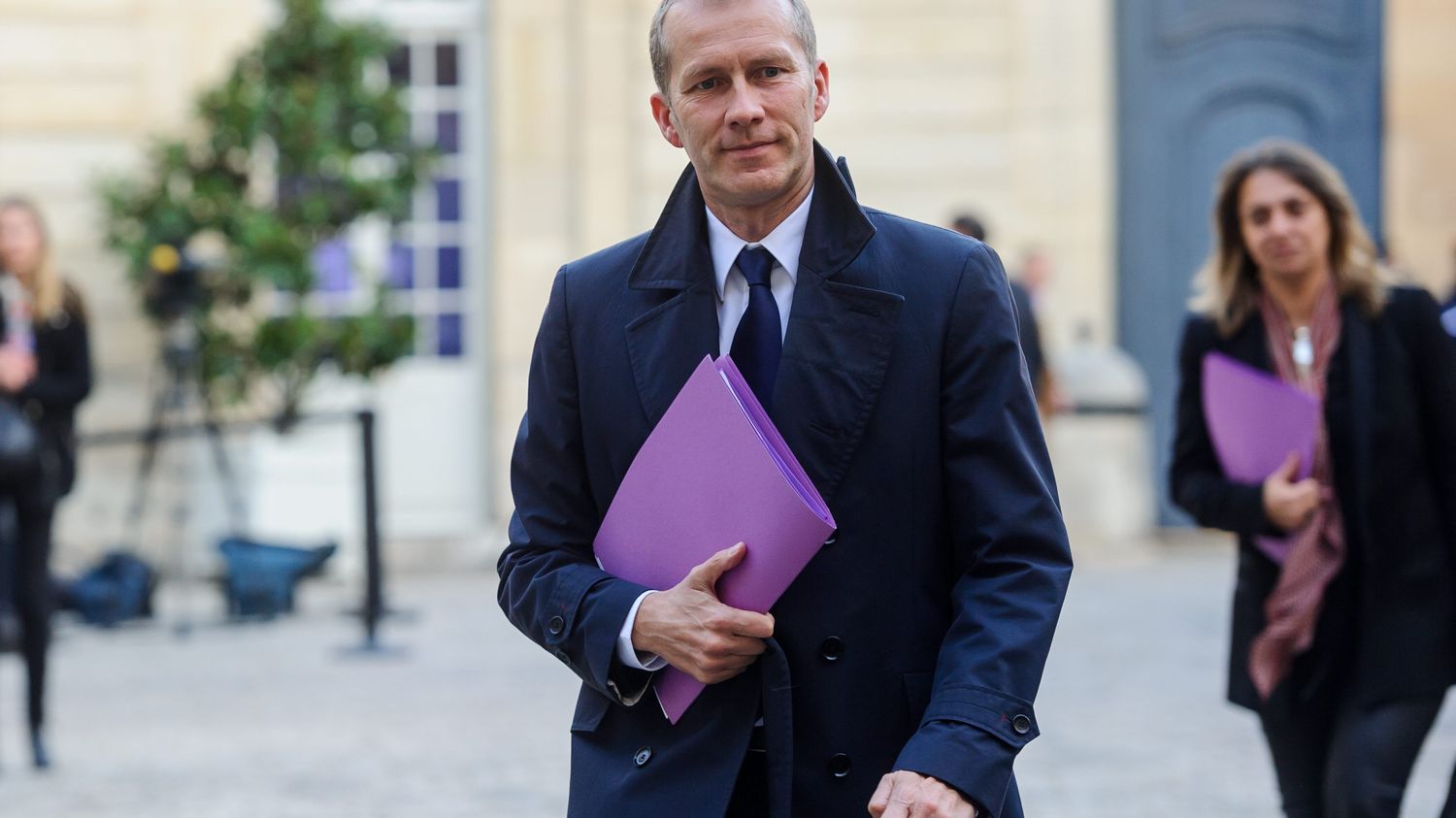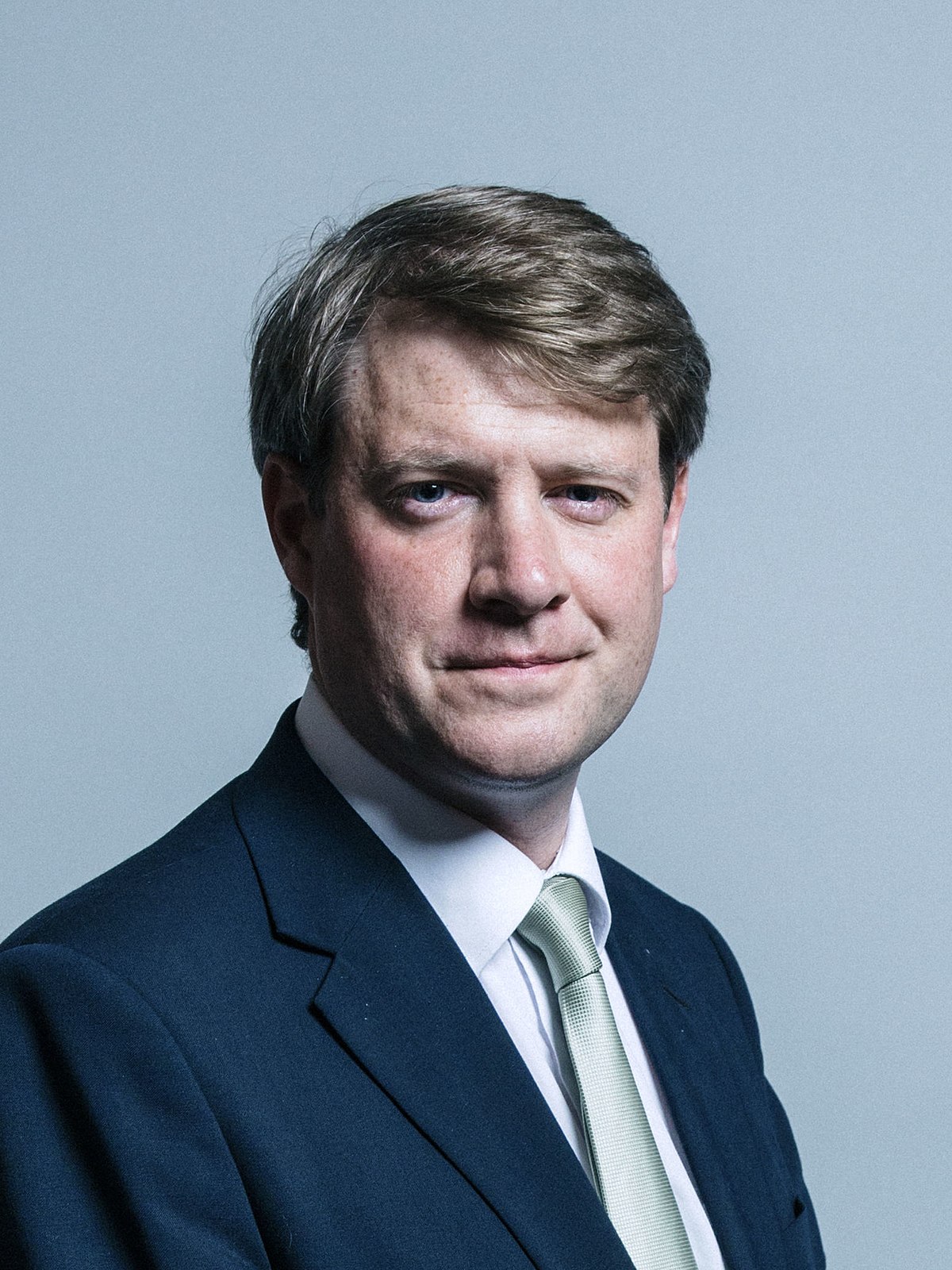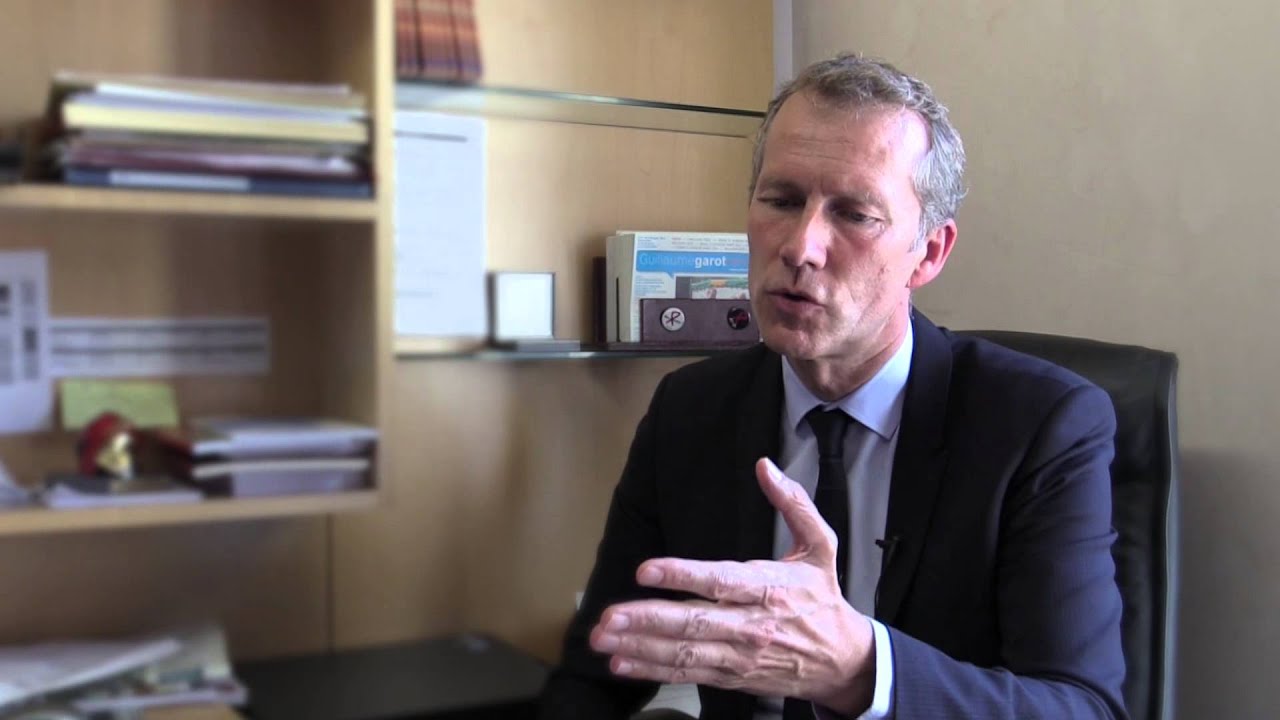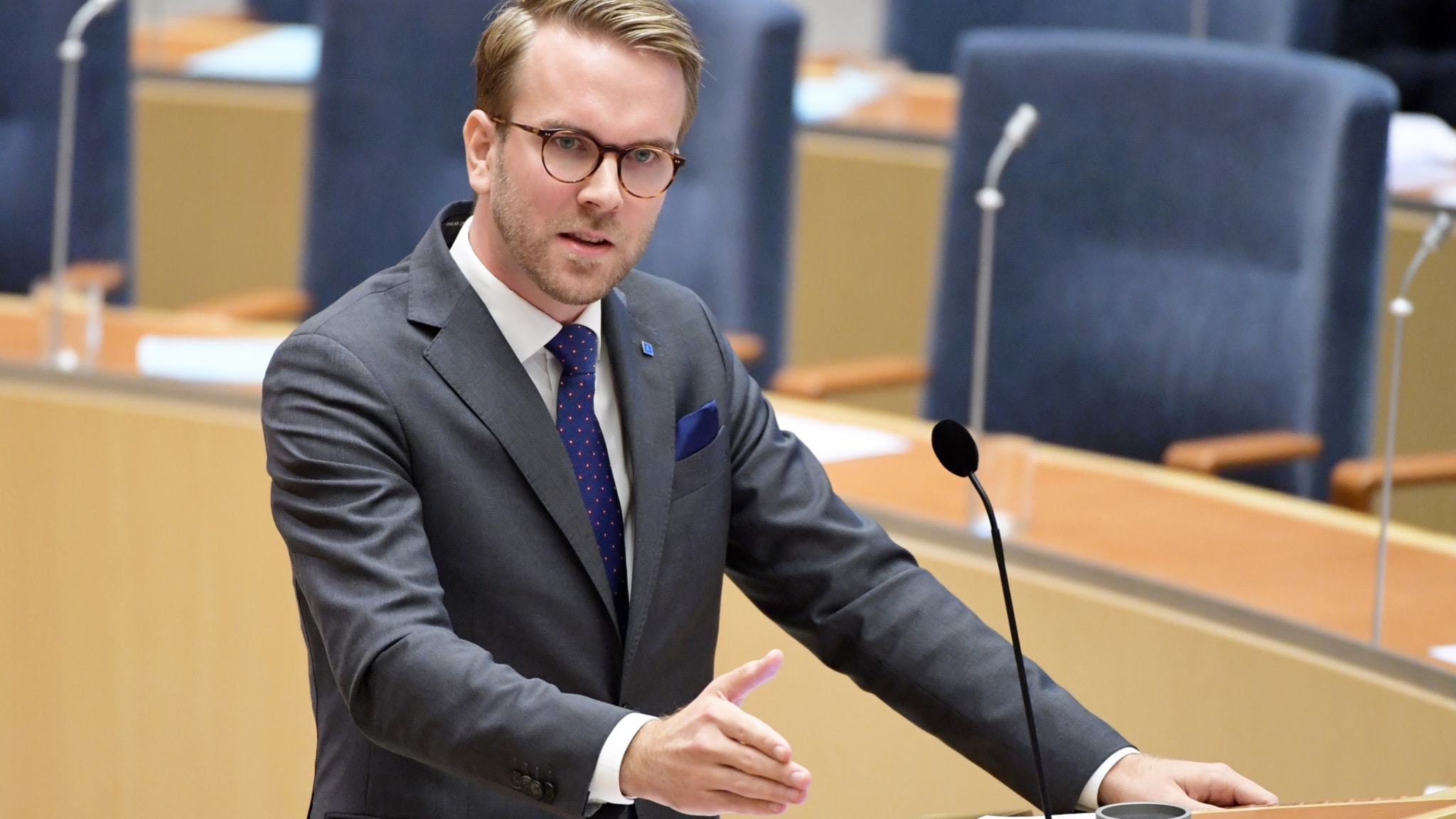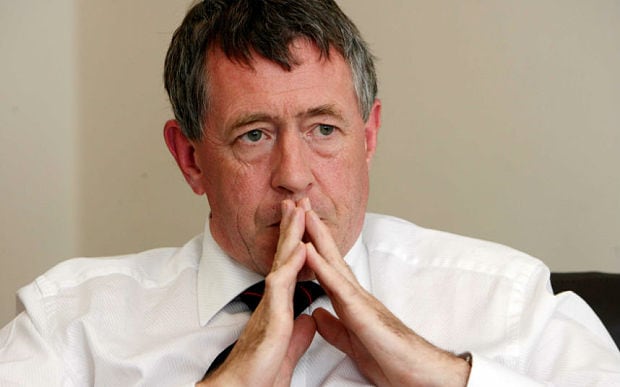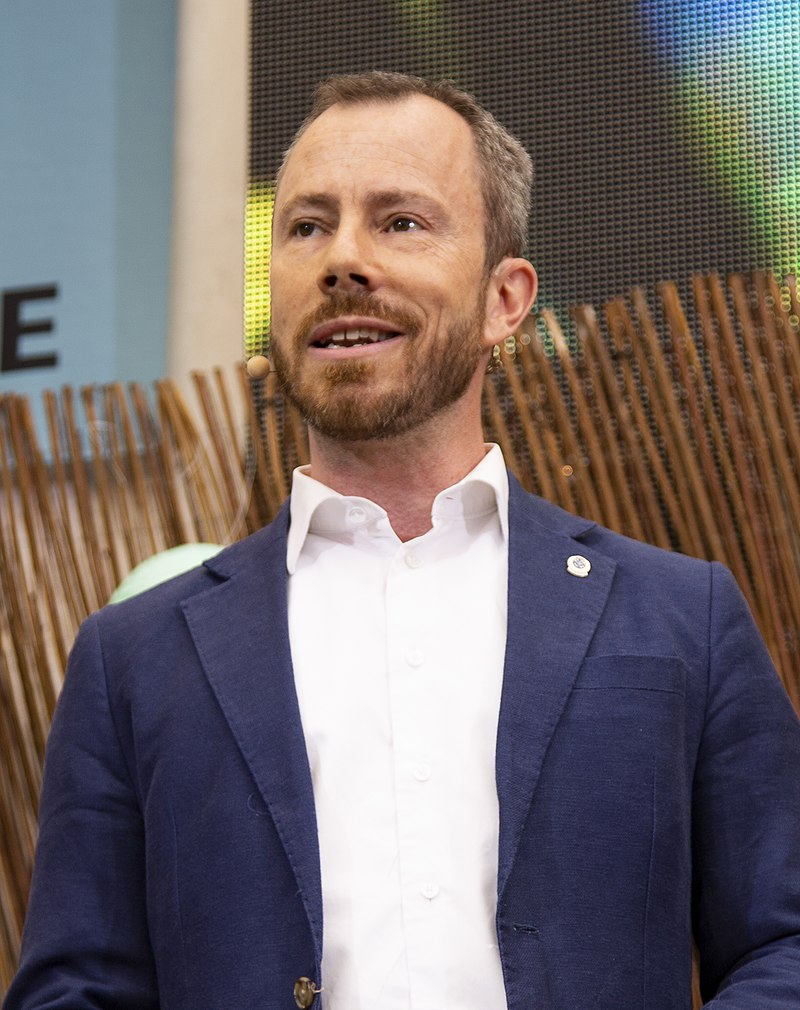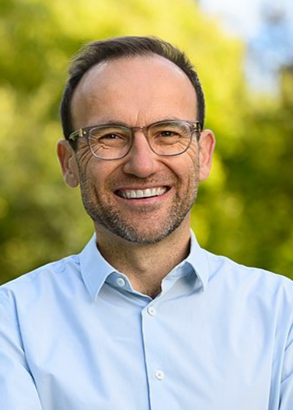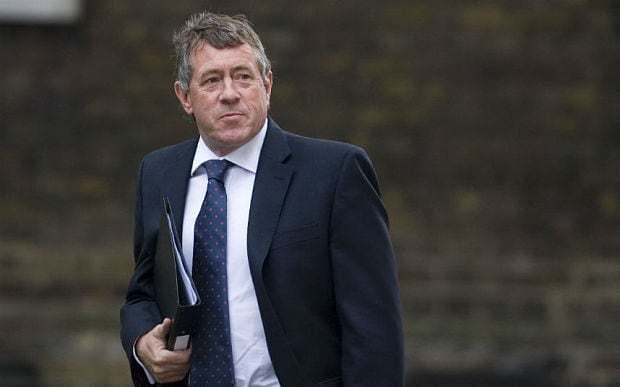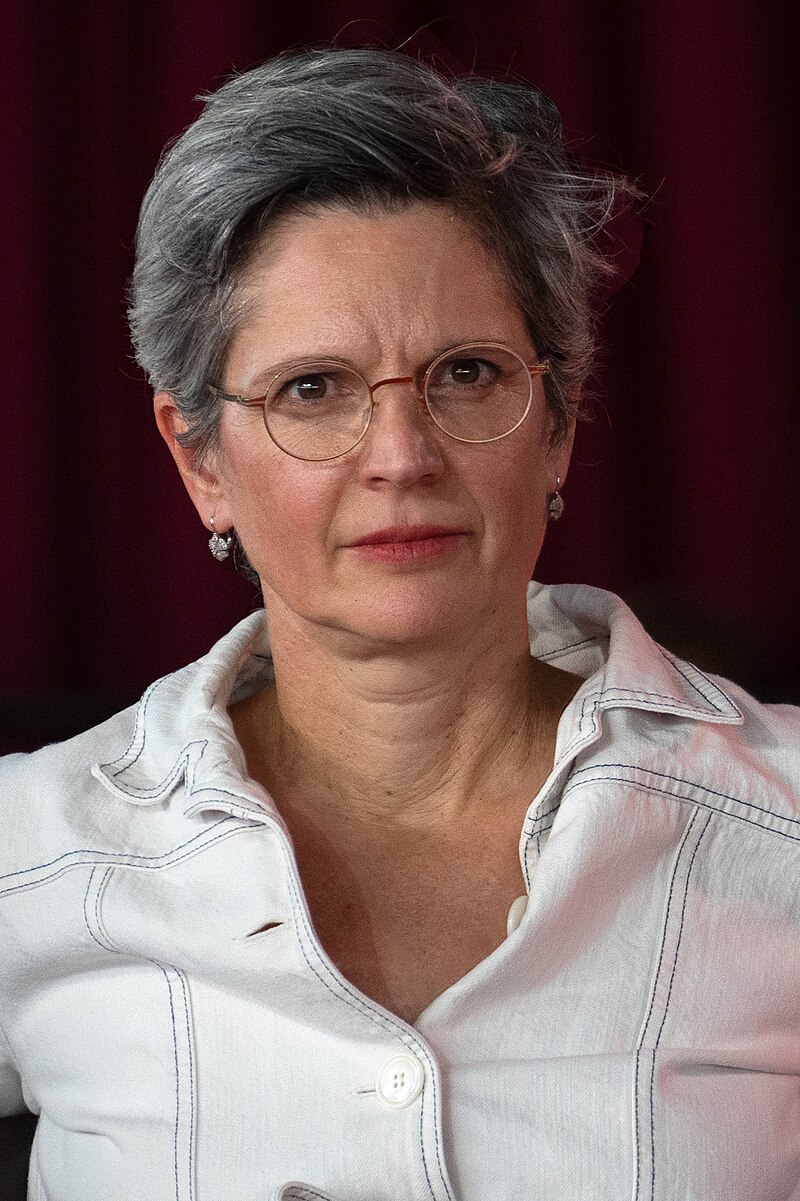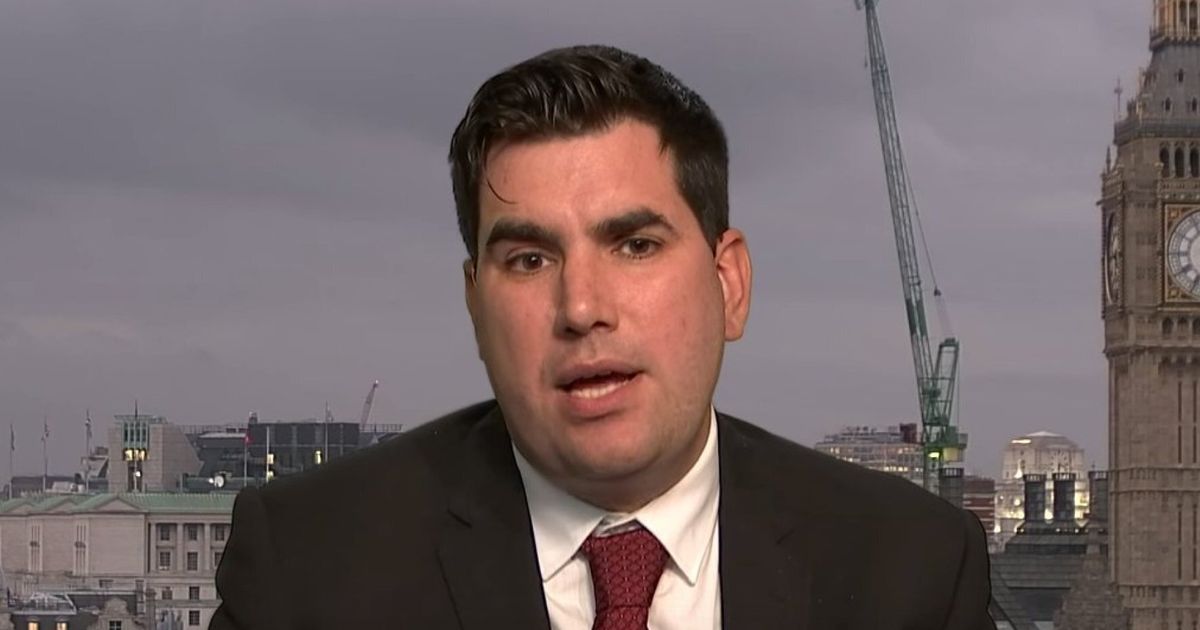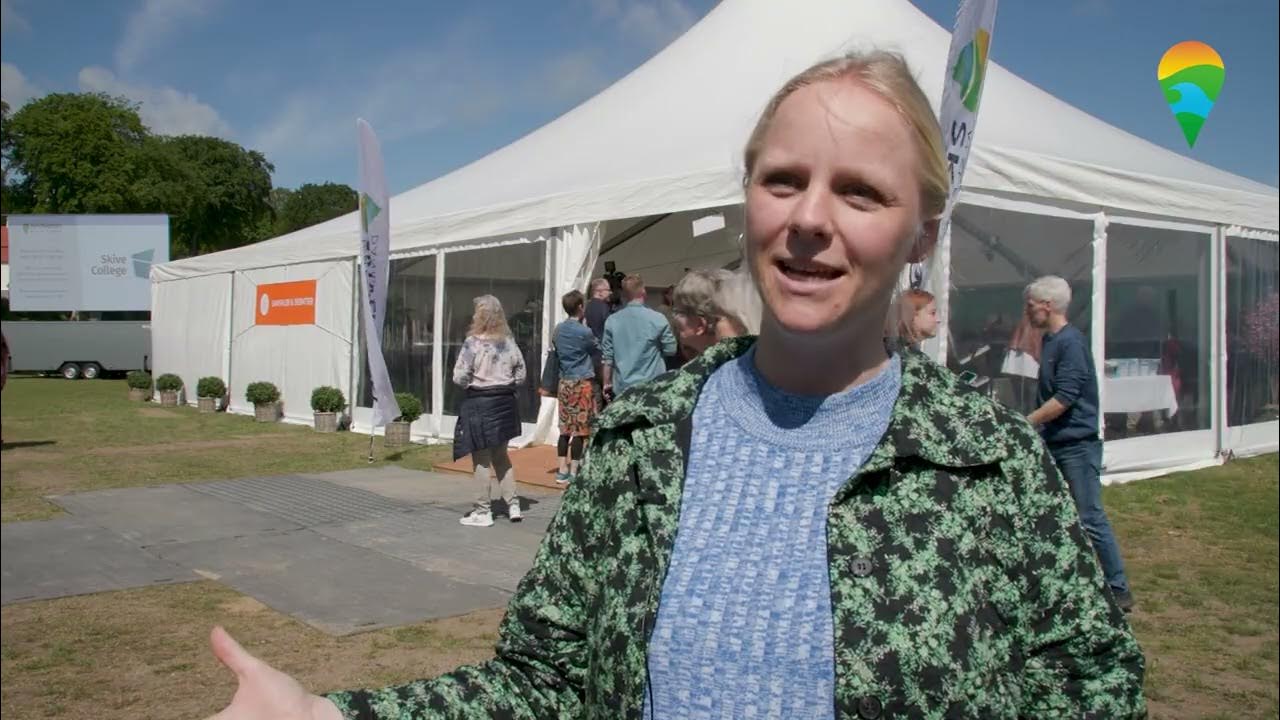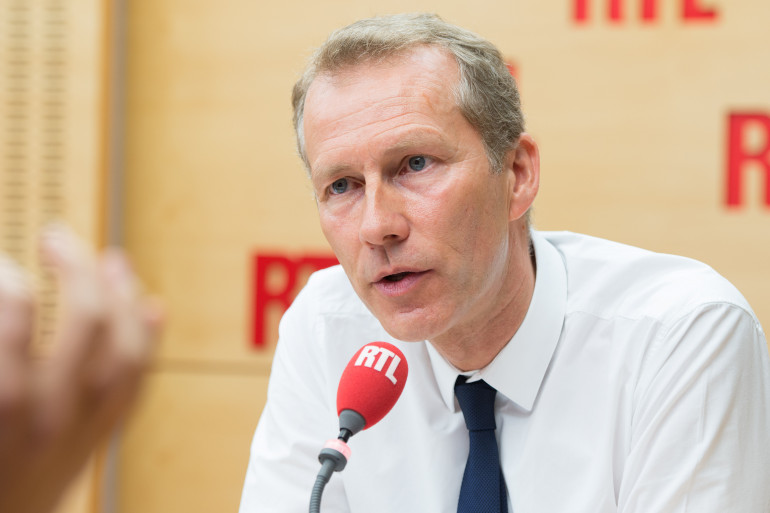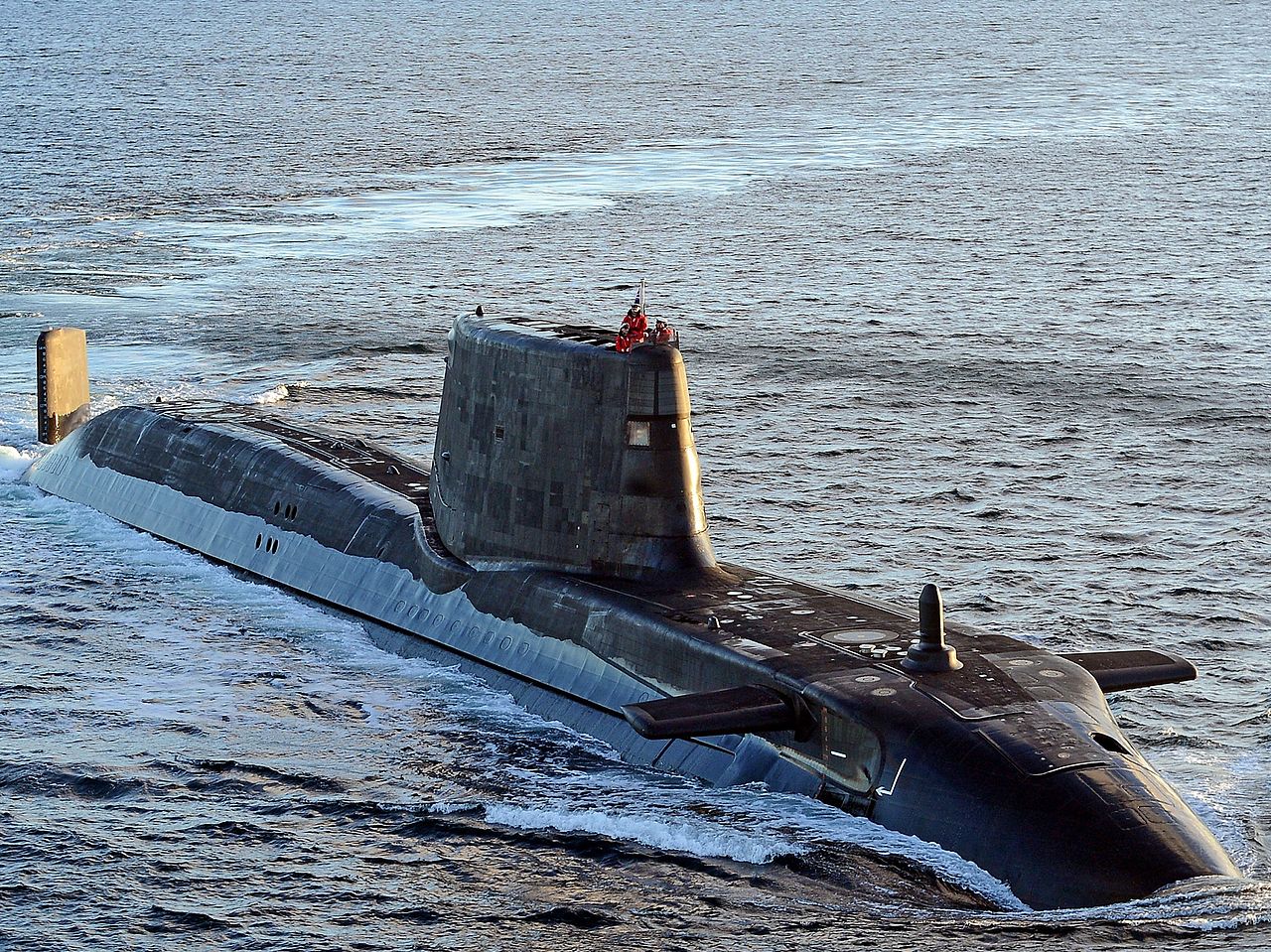Forethane's Askings; Aldævn 8, 2023
A new programme has been detailed, with more scientific funding and co-operation across V3 and Hexastalia, while Osborne apologises over High Deemery case
Background
Esthursia's Askings consist of twelve questions; one from a Citizens' Assembly representative, one from a Head of a select committee, and one from the public, with the other nine coming from inside the Thanage - six are from the Opposition leader, one from the third party's leader and two from backbenchers (one per "side", i.e. one government-aligned and one opposition-aligned).
Osborne began by condemning the far-right riots in Weskerby, which the Leader of the Opposition accorded to, and addressed the matter of gun crime in Esthursia, accusing the Opposition of hypocrisy in doing so amid a general fall in crime rates since the 2000s. The Government and right-wing EPP came to loggerheads over the issue of political radicalism, with Osborne accusing the EPP of enabling the far-right "for three years" but ignoring a question on far-left members of the government in doing so, stating that the legislature should "focus on what is [banging at the doors]".
A particularity of this week's Askings was the detailing of the Compass programme - a landmark V3-aligned scientific research endeavour boosting spending and co-operation between the V3 nations and Hexastalia - following a question by the Citizens' Assembly for Research representative Dr. Euan Afonwyn. The Compass programme has been relatively hush-hush from the government beyond new social media accounts for the body, however this week the Forethane detailed it as a wide-ranging scientific project encompassing both funding and joint overseeing bodies on research, education and science, as well as an as-yet unnamed new space agency.
The Government also confirmed it remained "in solidarity" with Sorovia, but also uncovered that it had established safe refuge lines for "stateless" refugees from Iolanta on the Sorovian border, as part of its peacekeeping operation on the borders, after a question from International Development Reeve and long-standing foreign policy guru John Largan, who also was the governing party's previous leader. It also confirmed that sanctions on its government would remain until the government was assured that discrimination had ended, and reiterated that the crisis could be "ended unilaterally" without an agreement, condemning the UAS for inaction and placation.
A question by Manning has since raised controversy - the Moderates have confirmed they are against victimless crimes being legalised, while Osborne reiterated existing government policy and refused to be drawn into "theoretical dispute".
Possibly the two most noteworthy events of the debate occurred towards the end - Manning's party has positioned itself to the right of the centreground, confirmed it supports university tuition fees (which has since attracted fierce criticism from the Liberals and caused a defection from one of its Ministers to the Liberal party), while Osborne attacked the previous government's record following the 2010 crash, while the two quoted figures - both suggesting rising problems with inflation, but also positive data on wage growth and economic growth. House prices falling and no tuition fees both attracted cheering by government benches, which led to a Speaker intervention; Manning has begun positioning herself as an "anti-deficit" politician, which has been attacked by the left for "enabling austerity", after Osborne quoted from a controversial 2022 INS study blaming austerity for being a major cause of 330,000 premature deaths in the 2000s. The other major event was a final apology on the controversial law on banning "infant baptisms", which Harold Osborne said was an "overstepping" of government policy, after being attacked by Rosemary Manning for compromising Esthursia's "image" and religious freedoms; the Government initially stood by its law but did not challenge the verdict.
Overall, neither major party will feel comfortable - Osborne handled the matter of the economy fairly easily with positive data (with the Moderates' economic reputation still poor and Social Democrats' very positive), but the final question clearly stung for the Government's reputation - but possibly may draw a line under it - while Manning's policy on tuition fees (despite its vagueness) has caused severe discontent. Major questions remain for the Moderates' survival if the liberal wing feels left out, and if George Balder's Liberal Party entices them back to the centre-left, with tuition fees broadly unpopular with the public. Were it not for the ongoing backlash over the High Deemery decision just days before this Askings, Osborne likely would have walked away happy, and may still feel he came out on top while also possibly calming down the dispute.
Transcript (some procedures truncated):
Baldrick Robinson (Social Democrat): "Will, Lord Speaker, the Forethane join me in condemning the appalling violence and hatred espoused by the Renewal Front and their puppeteer protest forced through the streets of Weskerby last week?"
Harold Osborne (Forethane, Social Democrat): "Yes, thank you, Lord Speaker; I of course condemn the hideous actions of the radicalised fearstokers, and applaud the actions of those who stood up to them in unison. It seems striking, Lord Speaker, that we are less than two weeks from Union Day, and yet here we are, speaking of the radical-right attempting to storm the centre of the capital based on ignorant and deeply wrong inclinations held by a select few extremist members of this society. We urge justice, calm and that the process of suspending those involved, Lord Speaker, presses on as scheduled."
Rosemary Manning (Moderate):"Thank you, Lord Speaker. I join with the Forethane in unequivocally condemning the shocking misjustices of the last week, and as with the Forethane, am following the recovery of those criminally attacked on the streets of our capital. It raises the question, however, of how safe we are in this country today; does the Government, Lord Speaker, have any plan of how to handle the current gun smuggling crisis at our southern border, or are we to believe that the safety of the people of this country is currently being taken for granted?"
Harold Osborne: "Lord Speaker, I have already outlined that both a review and internal consultation is in progress, and that negotiations are ongoing over Esthursia's exit from the Union of Aurorian States, which has ended the process of free movement over said border for the time being. The safety of our citizens has been, and thus remains, an utmost priority of this government; it is, after all, this Social Democratic government who cut crime rates back down from the shocking heights they reached under the austerity programme inflicted to policing and society more widely in the 2000s which cut our public services' ability to do their duties down to the bone; which, may I remind the Lord Speaker was executed as a political weapon against the people of this country by the members opposite - and despite the fact that we inherited a country bankrupt from mismanagement and deregulation, we are today able to accommodate a police force able to tackle insurgent issues such as gun crime. Lord Speaker, I politely remind the members opposite that politicking over events such as these cannot distract from the positive and consolidated record of this government from the doldrums of Conservative insecurity and misery!"
Rosemary Manning: "Is that supposed to be an answer, Lord Speaker, or an excuse, a delay? It is nigh on impossible to tell, because all this government seems to do is sit on its hands; whether it's on the UAS, or on the appointment of Jeremy Wilson as Chancellor, or on the war in Scalvia, all the members opposite do, Lord Speaker, is dither and obfuscate their duties while flailing their arms around in an attempt to seem active and responsive! There is no plan on gun crime, there is no prevention and there is no cure sought by this government, and Lord Speaker, I must ask the Forethane; are you ashamed that your indecision is costing lives?"
Harold Osborne: "Gun crime in this country is not actually above the levels it was under the opposite members' government, while crime more generally remains far below the typical rates seen under the Harding government, Lord Speaker, and the issue is more complex than simply clicking a button and finding all the smuggled guns. We have acknowledged that this is a rising problem needing immediate response, and that response is ongoing. The review into arming officers more routinely and readily, into the future border plans co-operating with Scalvian security forces, and into firearms training more widely amongst the police, remains in progress, as does the consultation into our next steps; which, instead of pontificating, I invite the Leader of the Opposition opposite, Lord Speaker, to participate in. Conversations are ongoing, and we will tackle this crisis, and I invite the members opposite to ditch political point scoring over people's lives, and start working with us to develop a cross-party plan, as we have offered numerous times."
Heather Lansburn (EPP): "Lord Speaker, this Government has been at the behest of trade unionism since the get-go, however in recent years its stances have gone from inane and obstructive to downright sinister. There are members within this Government who hold radical anti-capitalist views, and who have espoused them publicly, such as - if I may name names, Lord Speaker - the Reeve for Care, and one of the Afterthanes. Lord Speaker, what I ask to the Forethane is thus, is this extremism at the top of government ever going to be rooted out?"
Harold Osborne: "May I remind the member opposite that the Esthur People's Party accommodated the Renewal Front - a neo-fascist insurgent organisation with exactly the same name as the fascist insurgency of the 1920s - for three years, who have just stormed the capital's streets? Lord Speaker, I must say - how dare the member opposite placate and accommodate the far-right..."[interruptions from the EPP and Renewal Front caucus]Speaker: "Swigh! Swigh! If we do not have order in this House, I will call for the members concerned to be expelled. No further warning. Now, Forethane, you may resume." Harold Osborne: "Thank you, Lord Speaker; hear the desperate cries to attempt to drown out their complicity. To reiterate, the members opposite have placated and accommodated the far-right and their abhorrent methods of division, discrimination and hatred, and then ask of this Government to strip away the right to free expression on economic matters of its own ministers? Lord Speaker, the members opposite - I should hope - must focus on what is at the doors, banging and shouting slurs, not on the peaceable thinkers and doers inside dutifully making lives and Esthursian society better by their diversity of fair and undiscriminative opinion and open expression therewith."
Dr. Euan Afonwyn (Head of Research CA): "Thank you, Lord Speaker, for giving me this opportunity; I would like to thank the government for their continued efforts in funding research centrally as well as investing in education more widely, however a cloak has appeared over the mutterings of a Compass programme with our Aurorian partners - could the Forethane more explicitly tell us what the Compass programme will comprise of, if it does in fact exist?"
Harold Osborne: "I welcome Dr. Afonwyn into the chamber Lord Speaker, and yes, I can confirm that the Compass programme will be underway in coming weeks; it comprises of overarching bodies between our partners across Auroria, particularly the V3 and Hexastalia, to bring together our minds - and funds - to amount to more than the sum of our parts. This includes, Lord Speaker, a new joint space agency over all existing participants' agencies, new scientific and educational bodies linking together participant nations' research facilities, and a joint fund to be granted to as many participating researchers and endeavourers as possible, by applicable merit. Our departure from the Union of Aurorian States has allowed us to endeavour towards more close partnerships on a bilateral level, however this will mark a return to more continental and multilateral deals to enrich the field of science across these Aurorias. Government estimates have put the cost to Esthursia at 11 billion shillings per year, however this is likely to be balanced in terms of outgoings and incomings, such that a roughly level amount of revenue is reaching Esthursian researchers as is being spent by this government - and all for the common goal of advancing research and development jointly in unison. I hope this has addressed his question, Lord Speaker."
Þórólfur Hjaltan (Speaker, former Social Democrat, on behalf of the public): "Will Renewal Front be suspended from the Houses of Berworth for their participation in the riots in Weskerby on 4 October, and face criminal consequence?"
Harold Osborne: "Lord Speaker, I cannot speculate on the probability of Renewal Front - whether it be select members or the party as a whole - being suspended or expelled from this body, however I stress that this party supports both the independent process of parliamentary watchdog investigations, and also the extinguishing of fascism from every corner of democracy where it sadly exists, and balances the two in its policy. Criminal proceedings are out of my hands, Lord Speaker, but I sincerely hope that justice is received by those responsible for their actions in a proportionate and deterring manner to prevent any further miscarriages of action."
Merwyn Iuanech (Independence): "This body of parties has been pressing for increased devolved power for the constituent nations for years, and Lord Speaker, the Forethane has been in office for getting on to nine of those years. Will he, Lord Speaker, finally address the matter of treating Esthursia's diverse and disparate communities as nations, not regions, and giving us proportionate powers as a result, or is he no better than those he opposes?"
Harold Osborne: "Lord Speaker, nobody cares more about the decentralisation of power from the capital than me - from granting the councils additional powers, to regionalising transport and energy, to even giving the constituent assemblies additional tax-and-spend powers, oversight on social care, water and the separation of law between the different distinct strands in our national community, I have, and will continue to, stand diligently by my government's record of democratising, decentralising and devolving power, giving it to the communities who need it most and who know how to exercise it best, Lord Speaker."
John Largan (Soc Dem, Head of the Foreign Policy Committee, Reeve for Int.Dev.):"May I confirm with the Forethane, Lord Speaker, that we will continue to stand with Sorovia in solidarity against the manufactured humanitarian crisis against Iolanta until the two sides arbitrate a deal proportionate to the blame and responsibility of both sides that recognises the human lives involved as pawns in the conflict? Furthermore, I would like to clarify that the government is continuing to pursue safe routes for fleeing stateless refugees from Iolanta and wartorn Aurorian states into Esthursia."
Harold Osborne: "Thank you, Lord Speaker, on behalf of the Foreign Policy committee; I can indeed confirm that we will remain in solidarity with Sorovia for as long as it takes, that we will maintain the political and economic pressure on Iolanta until it abandons racial segregation and human rights abuses once and for all reliably, and that we have commenced establishing safe refuge routes from the Iolantan border into Esthursia with our peacekeeping presence to conduct the maximal refuge programmes that we can in order to hopefully bring some hope and light to the millions whose lives have been torn up and stamped down on by this undeniable crisis in our Auroria; refuge, preservation of life, and peace remains our primary objective in every place concerned when it comes to Esthursian foreign policy and exercise of power. We once again urge the Iolantan government to unilaterally end the conflict as it unilaterally started it here and now; by ending the cynical and abhorrent programme of human expulsion, forcing statelessness on hundreds of thousands of innocent residents based on a grievance by a cynical, undemocratic regime that we will continue to sanction for its abuse of life, and that any deal must accept full Iolantan responsibility for this crisis and not solely accommodate political bargaining, for that merely justifies the abuse of human rights in Iolanta. Our Government has been robust in challenging wrongful actions, and it remains a key reason for our departure from the dysfunctional Union of Aurorian States, who have proven ineffectual on foreign policy and admission; we triggered departure on Sunday [the 1st], and full transition will end on the first of November."
Rosemary Manning (Moderate): "Thank you, Lord Speaker; I will also once again join with the Forethane's respectable urgency and forcefulness in demanding the Iolantan government step back from its own manufactured crisis and that economic and political consequences remain in place until it does so. I, Lord Speaker, welcome the establishment of safe routes into Esthursia, and reiterate that both parties will continue to espouse Esthursia as the welcoming home to all those fleeing injustice wherever it is conducted. My question however, Lord Speaker, trails back to our original line of questioning - will this Government ignore the voices, who seem numerous and increasingly vocal, that so-called victimless crimes are not crimes at all?"
Harold Osborne (SocDem):"I am not here to comment on individual views, Lord Speaker, on behalf of the Leader of the Opposition. If the member opposite would like to consult with those unnamed representatives who hold whichever views she finds disengaging, I encourage her to do so, but I will not drag this House into debate and dispute over individual theoretical questions that are hypothetical and vague, thus immaterial on government policy in reality. This Government will continue its balancing between responsibility and rehabilitation, will continue to open safe use centres, and continue to calibrate criminal justice for encouraging the core criminal law principle of minimal criminalisation in order not to disproportionately come down onto actions deemed irresponsible or wrong by society; I hope this answers the question asked, Lord Speaker."
Rosemary Manning (Moderate): "It's interesting that the Forethane implicates the welfare state; which has ballooned in size since the Social Democrats entered office, and now stands at over half of annual economic output. As a result, our economy is like a runaway freight train - inflation is up, unemployment is up, and opportunity is running thin in this Workers' Republic of Esthursia being drafted up by the Forethane, Lord Speaker. Will the Forethane claw back control, Lord Speaker, or will he accept that we've come off the rails?"
Harold Osborne (SocDem): "It's equally interesting, Lord Speaker, that the so-called Moderate leader is quoting a slogan from this very session from the hard-right neoliberal Esthur People's Party. Two peas in a rotten pod, Lord Speaker. As for the matter of the economy, Esthursia is still on a path of recovery from her party's mismanagement fourteen years ago, and is still making up for the lost ground as a result of the wanton and intentional failures of Conservative governance and austerity. Attacking our welfare state for a moderate increase in inflation is about as economically sound as stating our solution is to print out more money - the sort of economics that landed us in an economic meltdown just off fifteen years ago, and which relegated those opposite to Opposition for a generation, for good reason! This government has not lost control, but regained what control was lost by those opposite, and is bringing prosperity on scales not seen for decades to the people of this country - equality of income, wage growth, human development, democracy, housing, transport, the safety net, education, healthcare, elder care, it's all being consolidated and strengthened purely because we have learnt that listening to the members opposite ramble about cherry-picked numbers for a generation garners nothing except a complete lack of responsibility. We are on track for fair growth, and we aren't letting them push us off, Lord Speaker."
Rosemary Manning (Moderate): "The Forethane talks of cherrypicked numbers, but doesn't state them. I'd like to, Lord Speaker. Inflation; 3.3%, well above the 2% target. Unemployment; 3.9%, up from last year. The deficit is now at 4% of GDP, while house prices have sunk to a new low for this government..."
[audible cheers from the government benches]
Þórólfur Hjaltan: "Order."
Rosemary Manning: "... those are his numbers. The economy can't keep accommodating more and more free services - broadband, water, free tuition..."
[more cheers]
Þórólfur Hjaltan: "ORDER! Any more and I will have to expel members on that side, we all are here to hear the questions given. Leader of the Opposition."
Rosemary Manning: "Do we see the economics of the Government now, Lord Speaker? The economics of blind hope, of Wilsonian pandering, of endless spending, of bottomless pockets; it doesn't work, and the road will run out. Does this Government have any plan for if a recession hits, Lord Speaker, to protect incomes?"
Harold Osborne: "Lord Speaker, it's interesting that wage growth, economic growth, productivity growth were all left out; and as for house prices, I say it's a wonderful thing that more people can now afford their houses, a reversal of the cynical regressive policies of the anti-student, anti-youth party opposite. Gesturing wildly over a normal deficit misses the fact that our economy is growing and requires a rise in spending each year, while borrowing to invest responsibly is a positive factor on our nation's growth - especially as interest rates have gradually crept down in recent years, reducing the cost of borrowing further - while ending such a deficit would drastically hurt economic growth and just bring back Conservative austerity, which may I remind the members opposite caused hundreds of thousands of premature deaths, ruined hundreds of thousands of lives, and contributed heavily to both bringing public services to their knees - hurting health, crime, education, productivity, cutting wages, the signs of a right-wing government in action - and the eventual recession that saw the party opposite finally turfed out of office. We have built more houses than any government in a lifetime, and we've upgraded transport for a new century. As for recession-proofing, we've been busy doing the recession recovery plan since day 1, after they left us a bankrupt cut-back Esthursia. We've brought high-skill, high-quality jobs, and at the same time encouraged people to have better lives and better work-life balances, while also curbing the rise of obesity. An economy who can allow the existence of billionaires who pay virtually no tax essentially wherever they live - except, of course, Esthursia, with the wealth tax that the Moderates opposite are plotting to gut out against the popular will and economic sense - but can't guarantee the provision of education as a human right, instead outsourcing and profiteering on the lives of young adults who often have no income, either burdening them with a lifetime of debt for a service that should be a human right or excluding everyone but the rich from ever going - that's an economy that's broken. A society who can't provide for their poorest and in need without cynically penny-pinching and counting every single coin, without arbitrarily excluding people and making the least able and least fortunate in our society jump through hoops to get the most basic sustenance, is one that is contravening the basic right to dignified life - is a failed society. An economy should enrich its workers, not its bosses; it should reward opportunity and encourage it, not tax students for life! Homelessness is nearly eradicated under this government, those needing social care can receive it without losing their homes. It shouldn't be outlandish, those are basic principles! Esthursia is a beacon of fairness, growth, opportunity, freedom and wellbeing, and there's nothing the members opposite can do about it!"
Rosemary Manning: "If Esthursia is a beacon of freedom, why did the High Court have to scrap one of the Government's laws for contravening religious freedoms? I'd like to quote the High Deemery's comments; your law seemed like a parody or something from political satire, your law was far beyond the bounds of common sense, your law was what the constitution was explicitly designed to prevent infringements as overt as these, whether intentional or misguided, and it was voted down by all seven participating Dooms. Your Government has undermined Esthursia's image on a global scale, and for what? Will you apologise, Forethane?"
Harold Osborne: "I welcome the High Deemery's robust judgement, I maintain that Esthursia's strong judiciary is here precisely for the purpose of challenging our excesses, and I apologise on behalf of this government for overstepping the bounds of rights, however I will not apologise for aiming to safeguard the separation of state and church, as in our restriction on religious schools passed by our Objective Education Act, which has been given a green pass by the High Deemery. This government is one that accepts its mistakes, but it is also one that builds from them, Lord Speaker."



